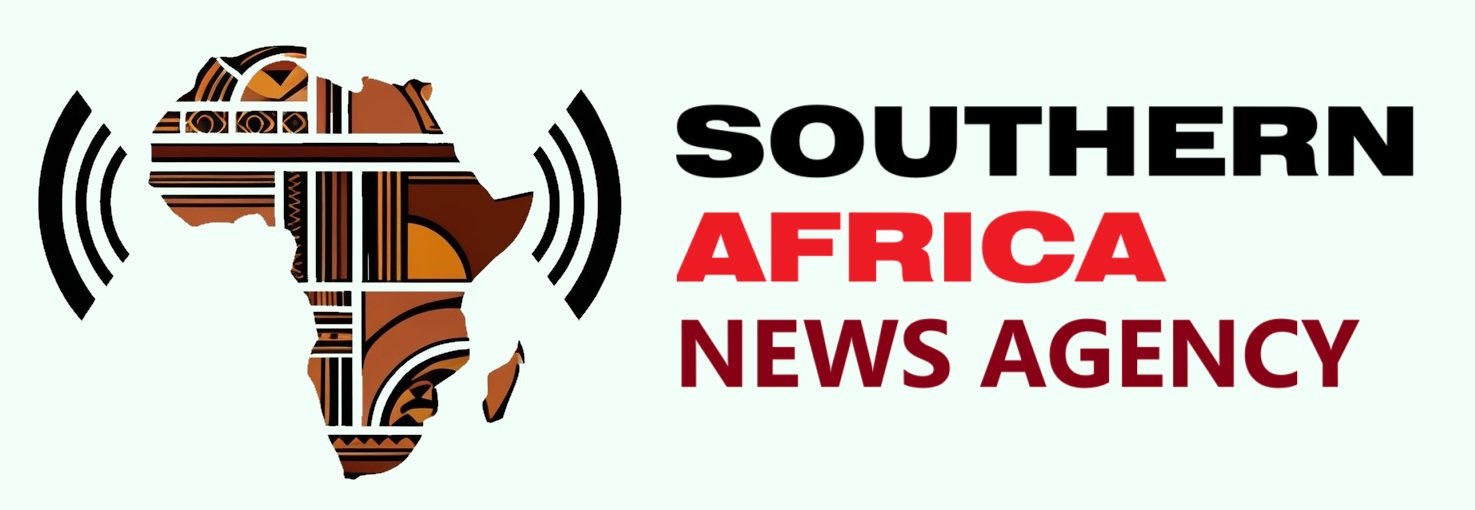New World Bank Group technique goals to spice up job creation and entry to high quality providers in Namibia
Business Reporter
THE World Bank’s Board of Executive Directors mentioned a brand new Country Partnership Framework (CPF) for Namibia which outlines the World Bank Group’s technique within the nation for Financial Year (FY) 2025 to FY2029.
The CPF’s overarching purpose is to help Namibia to advertise financial development and scale back inequality in a sustainable method, by facilitating job creation and higher entry to high quality public providers.
This purpose is aligned with the federal government of Namibia’s strategic imaginative and prescient growth priorities as articulated in Vision 2030 and the Second Harambee Prosperity Plan for 2020-2025.
The five-year CPF is centred on two high-level, long-term outcomes: which is elevated employment and improved entry to high quality public providers, underpinned by a cross-cutting theme of digital transformation.
The first high-level end result focuses on elevated entry to renewable and inexperienced power; improved enabling setting for personal sector-development; and strengthened macro-fiscal administration. The second high-level end result focuses on improved effectivity in training and well being providers and improved housing and concrete providers. Through the cross-cutting theme of digital expertise integration, the CPF goals to drive financial development by enhancing entry and affordability of digital providers, bettering tax administration, and strengthening service supply.
These targets construct on earlier classes and engagement below the FY14-20 Country Partnership Strategy (CPS), current Advisory Services and Analytics (ASA) work, and the Systematic Country Diagnostic (SCD) and Country Private Sector Diagnostic (CPSD).
“This CPF represents a significant shift in the World Bank Group’s engagement in Namibia, which was limited to knowledge and technical cooperation under the previous strategy. We are pleased to have responded to the country’s interest in borrowing through the first operation approved in May 2024, and will build on this in the next five years. Through this CPF, we aim to enhance the quality of life and economic prospects of Namibia’s people by prioritizing access to housing, health, education and renewable energy, among others,” mentioned Satu Kahkonen, World Bank Country Director for Namibia.
Cláudia Conceição, International Finance Corporation (IFC) Regional Director for Southern Africa additionally added that harnessing the potential of Namibia’s non-public sector is crucial for driving inclusive financial development.
“Through this CPF, we are committed to supporting the country in creating a more conducive environment for private sector investments in sectors such as housing, digital, renewable energy and agribusiness. By fostering private sector growth, Namibia can boost job creation, strengthen resilience to economic shocks, and reduce inequality,” mentioned Conceição.
She added that the CPF operationalizes the “One World Bank Group” method by means of the Joint Country Representation mannequin. The method focuses on mobilizing non-public capital utilizing a complete vary of devices from the International Bank for Reconstruction and Development (IBRD), the International Finance Corporation (IFC), and the Multilateral Investment Guarantee Agency (MIGA).
The Joint Country Resident Representative is a single level of contact for entry to the total breadth of World Bank Group services and products. The position goals to reinforce the establishment’s capability to deal with world challenges, and drive growth with velocity, effectivity, and influence.
“Our focus is clear – we aim to support job creation and increase access to quality public services. By prioritizing renewable energy and fostering a favourable environment for private sector development, we strive to help the country unlock its full potential and drive sustainable economic growth for the benefit of all Namibians. Having a presence on the ground will enable us to better support Namibia and help the country build a more resilient and inclusive economy, benefitting all its people,” mentioned Mariama Cire Sylla, the World Bank Group’s Joint Resident Representative for Namibia.
Meanwhile, Sebnem Erol Madan, MIGA Director of Economics and Sustainability opined that Private capital can be instrumental as Namibia pursues its inexperienced development technique. “The World Bank Group Guarantee Platform is working to deepen its engagement in the country, leveraging its existing support to private investors in the energy and tourism sectors, and exploring new opportunities in emerging technologies,” Erol Madan mentioned
The CPF displays consultations with key stakeholders, together with the federal government, non-public sector, and growth companions.


